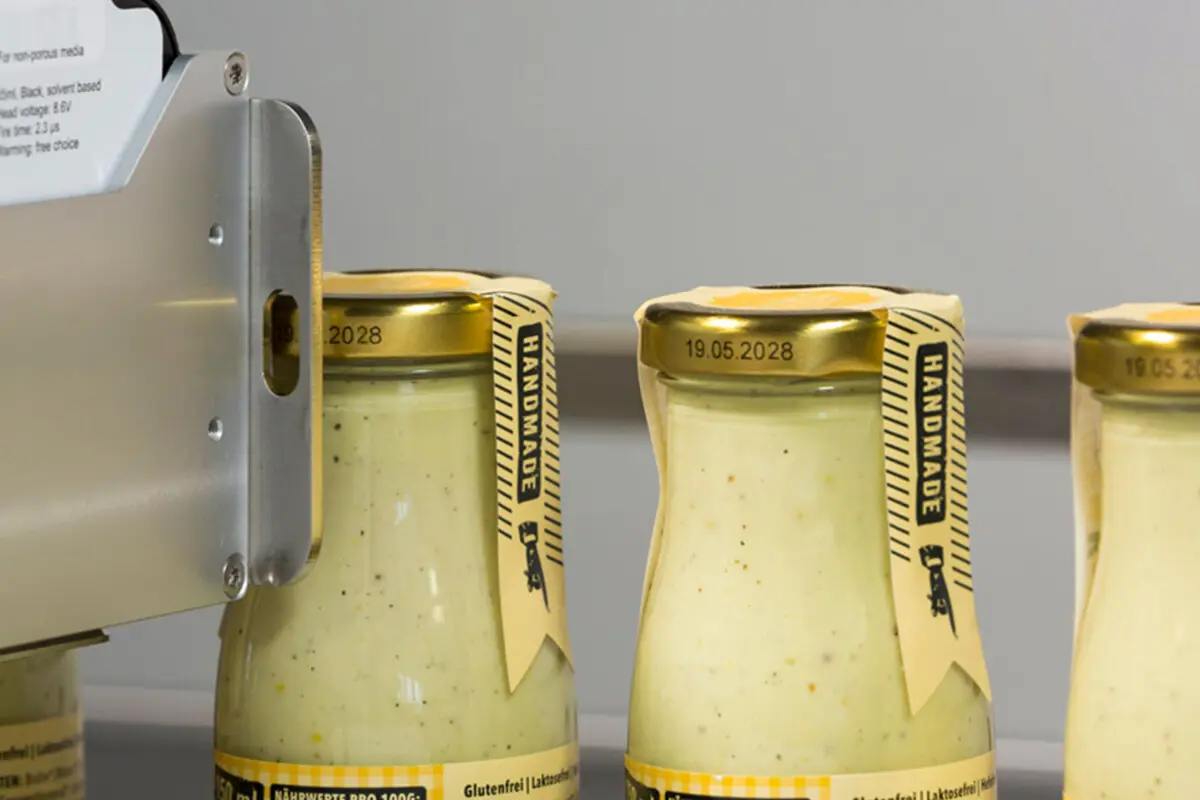
For uneven metal surfaces
Regardless of the shape of your product, our non-contact inkjet printing technology marks reliably, even on uneven or concave surfaces.
You have currently selected the following location:
Now switch to the following location:
In the metal industry, components of all sizes, tools and nameplates are made from stainless steel or steel, aluminium, iron and other metals and alloys. However, this non-absorbent material is also used in many other sectors, for example in the construction and automotive industries and in medical technology. As a packaging material, tinplate is mainly processed into cans, lids, crown caps and screw caps. Whether untreated or anodised, painted or coated: We offer efficient marking systems for every metal surface - both labels and ink achieve optimum results. We help you select the right system and check what the marking needs to achieve during the life cycle of the product or component. On metal in particular, the labeling must be durable, razor-sharp and precise. Errors are particularly expensive here and can be avoided from the outset with a reliable system. Whether your products will be further processed at a later date and come into contact with oil or chemicals, for example, is also included in our personal consultation.
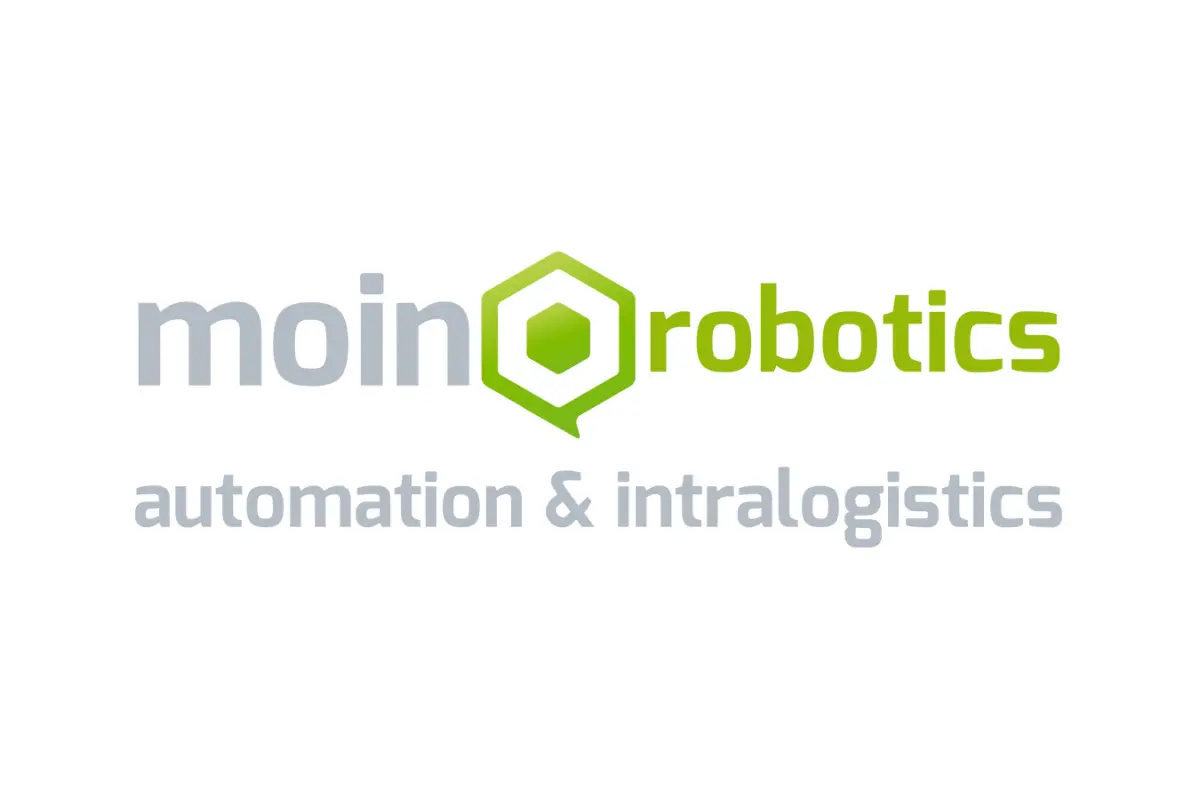
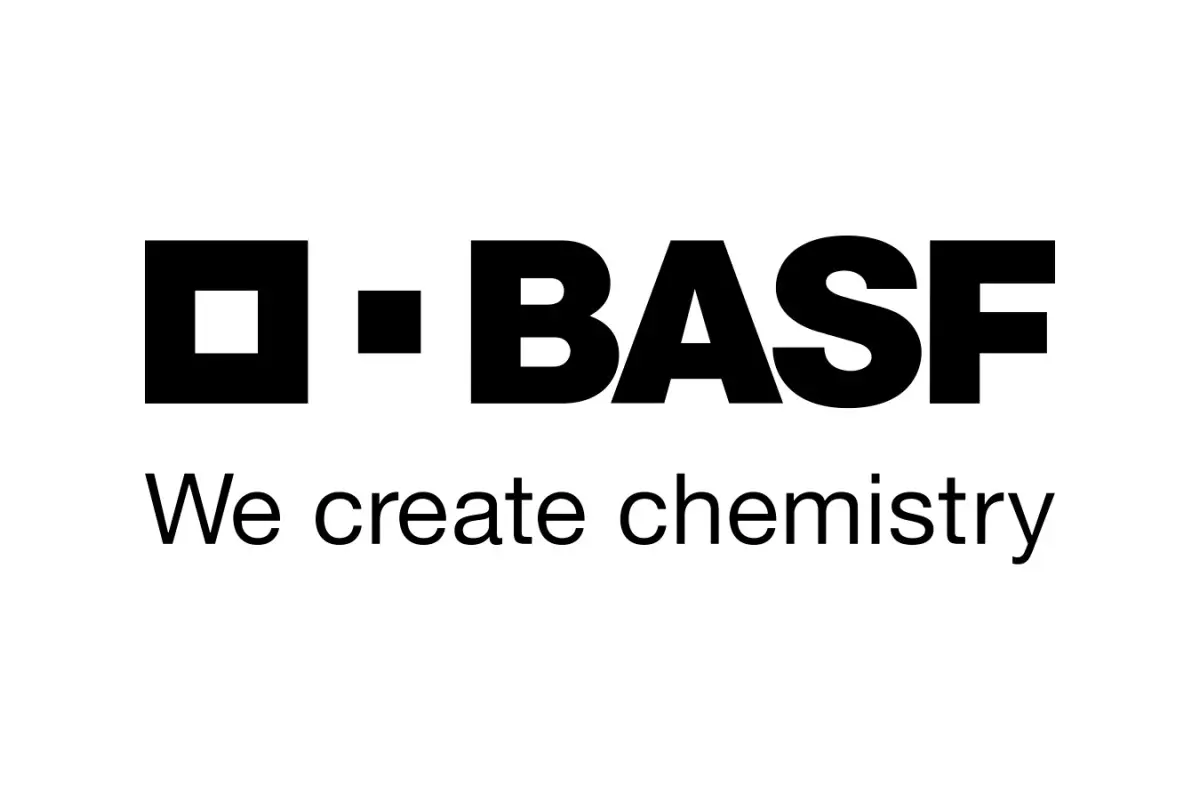
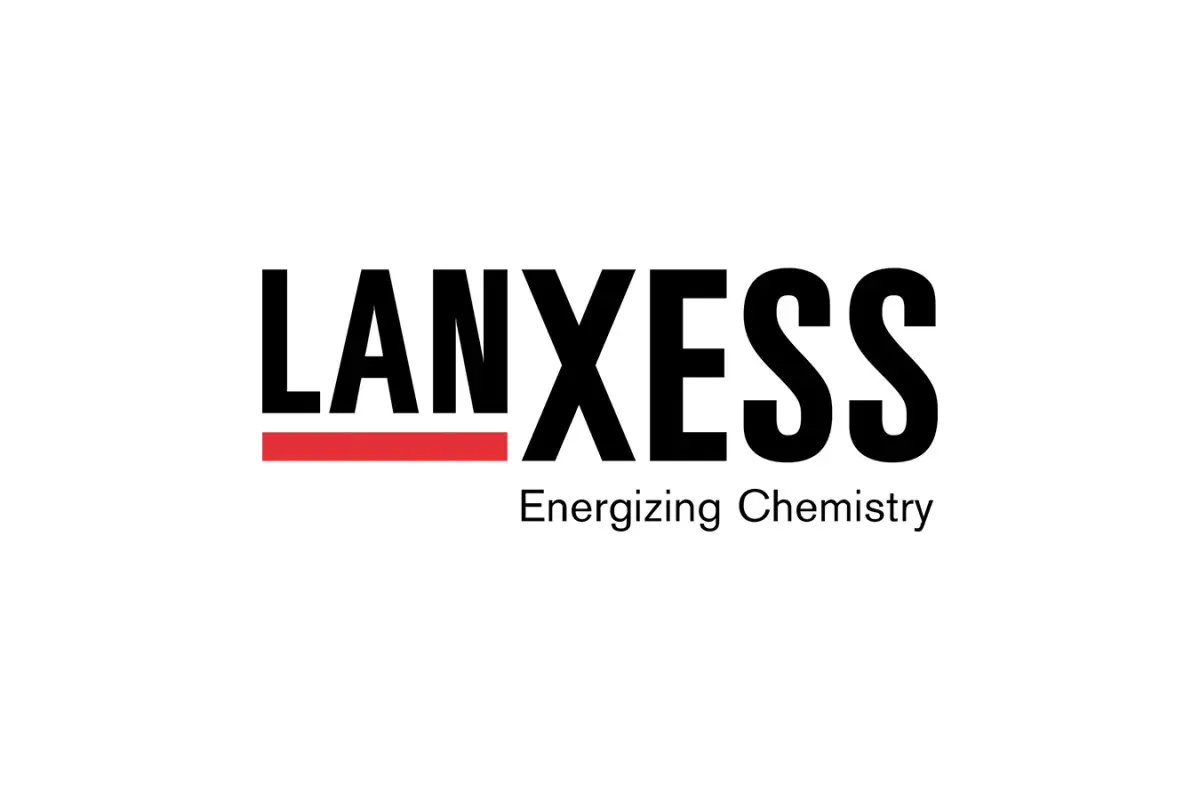
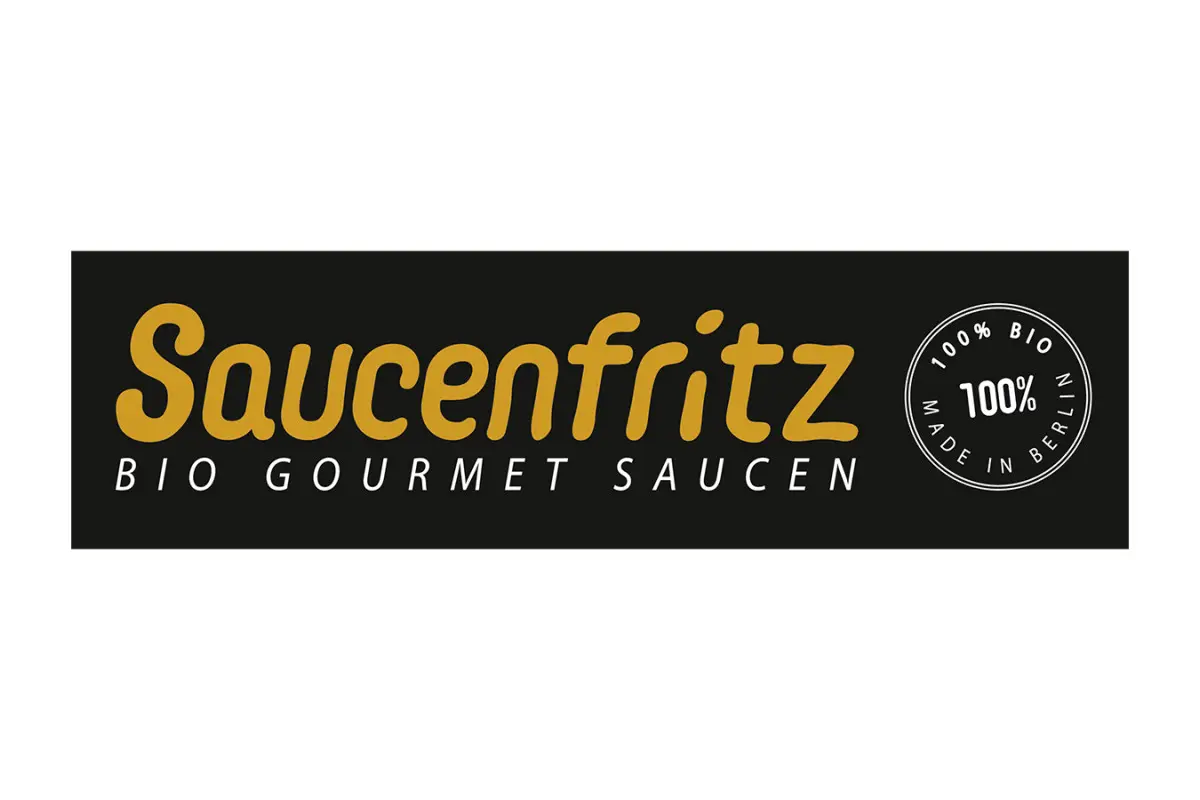
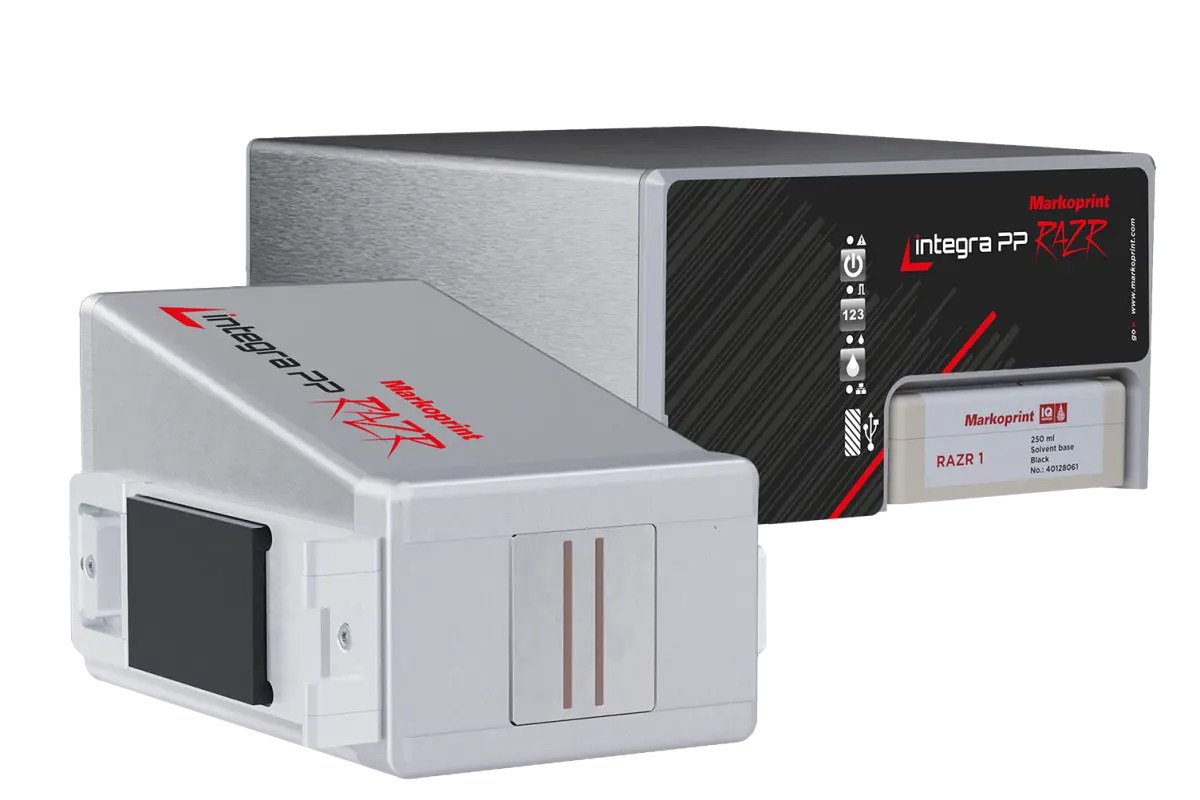
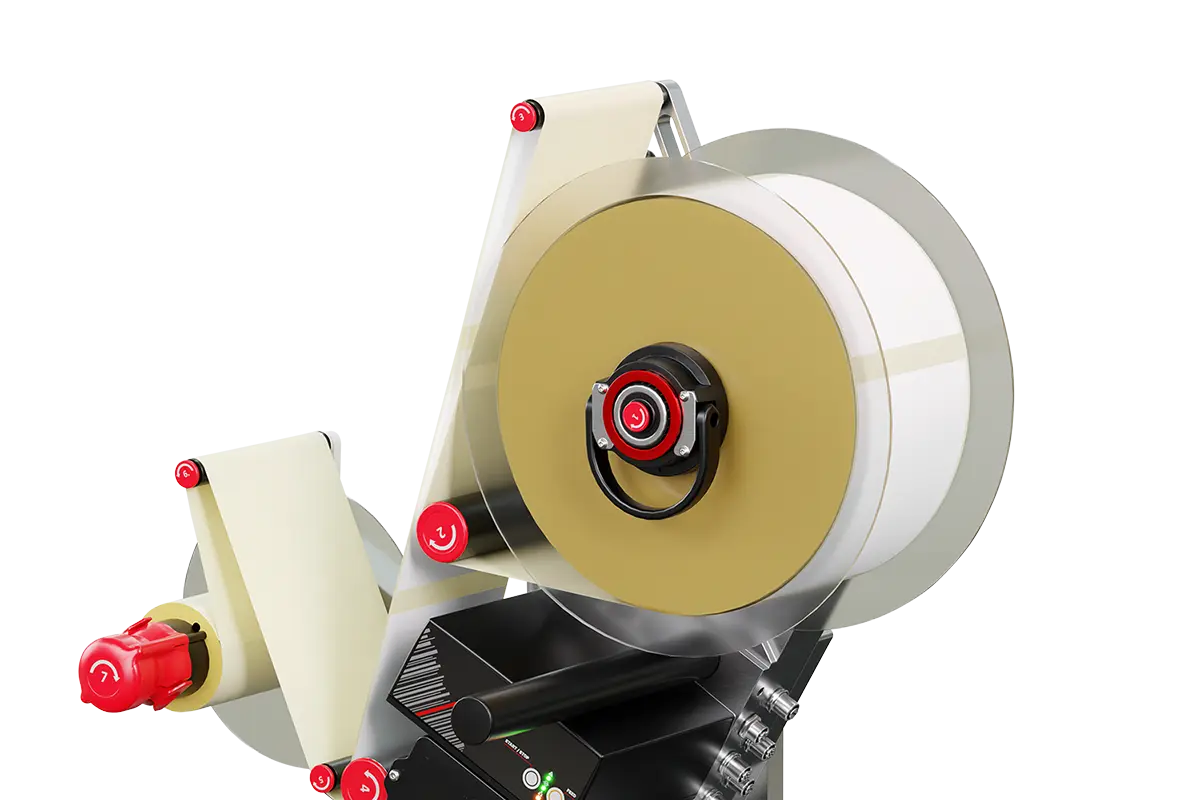
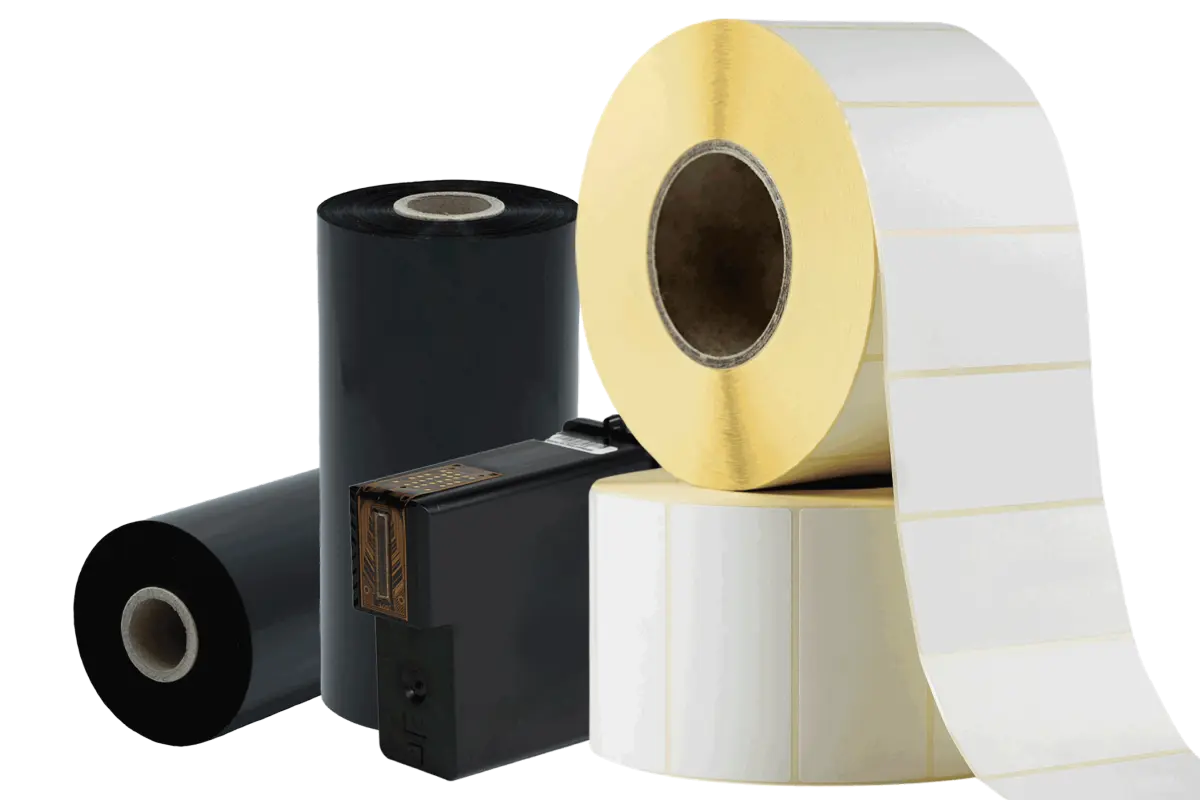
Weber Marking Systems is a leading full-service provider of industrial marking technologies. With a focus on innovation, quality and sustainability, we develop cutting-edge labeling and coding systems that meet the requirements of our customers in every industry sector. Our international sales network guarantees excellent world-wide support and service. No matter what challenges your application presents: We have the necessary experience to work with you to find the optimum solution.

Metals have a microscopically small crystalline structure, which makes them universally applicable materials. Metallic materials are usually available as semi-finished products such as plates, tubes, rods, sheets or strips, which are either formed or machined. Metal is processed in many industries, e.g. in the food industry for packaging, for tools and components in vehicle and mechanical engineering or in medical technology and also for pipes and cables.
Metals are categorised into light metals and heavy metals according to their weight. The most common light metal is aluminium (Al) or titanium (Ti). Common heavy metals include nickel (Ni), iron (Fe), copper (Cu), chromium (Cr) and steel. Heavy metals also include the precious metals gold (Au), platinum (Pt) and silver (Ag).
An alloy is a mixture of two metals, including bronze, brass or chrome steel.
Stainless steel is an alloyed or unalloyed steel that is characterised by its degree of purity. Unalloyed stainless steel consists only of iron and a small amount of carbon. Alloyed stainless steel may contain other alloying elements.